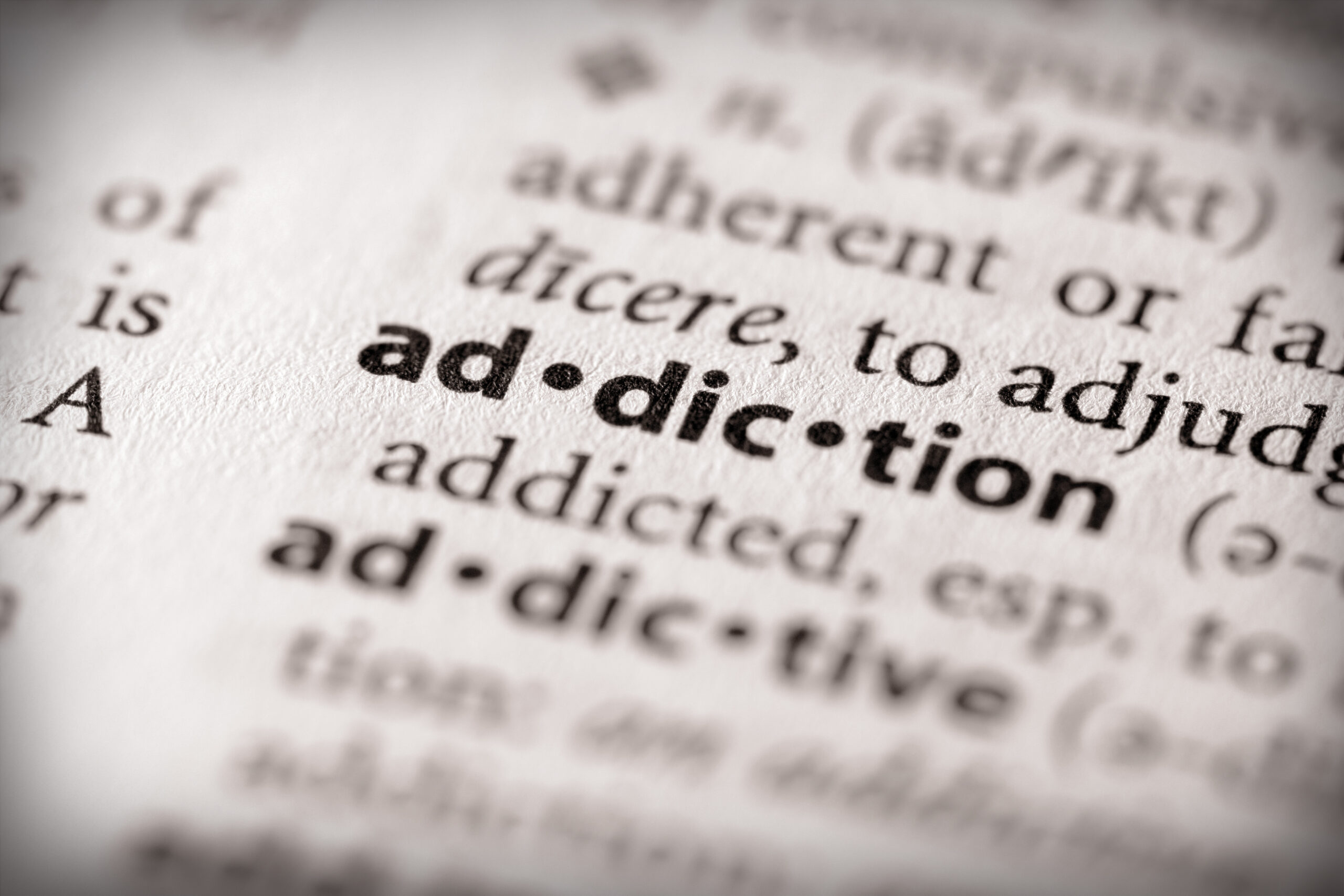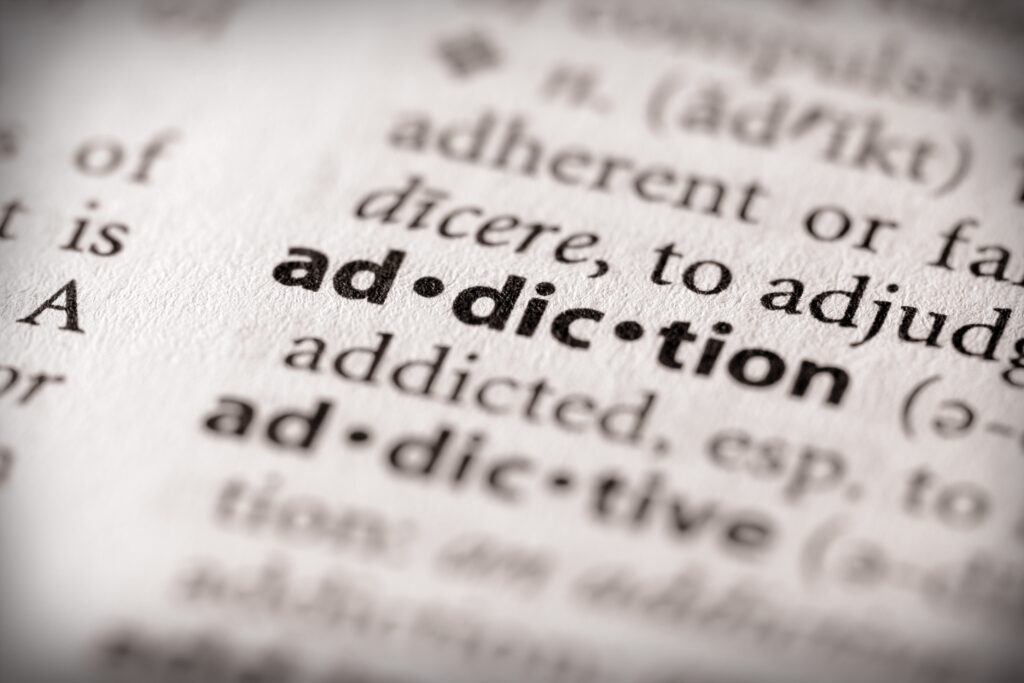In 2018, there were 67,367 drug overdose deaths in the United States and almost 21 million Americans have at least one addiction. But what is addiction?
Addiction is not as straightforward as knowing the dictionary definition to it and it’s not always dangerous. It is a highly complex condition where your brain manifests an extreme need for the substance. You can get addicted to a wide variety of things, including:
- Caffeine
- Tobacco/nicotine
- Alcohol
- Painkillers/opioids
- Illicit substances
- Stimulants
- Inhalants
In most cases, addiction is much more than a want — your brain is tricked into needing the substance to function, which is why withdrawal symptoms can be so unpleasant, no matter what you’re addicted to.
Addiction causes the user to have an intense focus on their specific substance of choice. In some cases, that just means you can’t start your day without a cup of coffee. In other cases, it means someone might need morphine to get out of bed, or Adderall to help them through a stressful day.
When it gets to be severe, addictions can take over lives. This is because people with substance use disorder often have distorted thinking, behaviors, and body functions due to how the drug is changing their brain. It affects their judgement, decision making abilities, learning ability, memory, and behavior control. Yes, even caffeine!
Addiction can also lead to many negative things, including incarceration and death (no, not usually caffeine).
With all of these negative side effects, it raises the question why do people choose to take drugs in the first place? To truly understand addiction, you have to understand the answer to that question first.
Why Do People Start Taking Drugs?
First off, not every addiction is considered dangerous! Your daily cup (or three) of coffee probably isn’t going to hurt you. You might get jittery or get a stomach ache, but that’s about it. However, even if you’re only addicted to caffeine, you are technically still addicted to a drug. Yes, caffeine is considered a stimulant drug!
There are a variety of reasons why people start taking drugs. According to the National Institute on Drug Abuse, people begin taking drugs for a variety of reasons, including:
- To feel good
- To feel better
- To do better
- Curiosity and peer pressure
Keep in mind that not all addictions start because people are looking for drugs. In the case of caffeine, people are just looking to get energized. And in some cases, people can get addicted to painkillers such as morphine or vicodin (both are opiates) after being prescribed them from a doctor.
The important thing to remember is that trying a drug one time can be enough for a person to become addicted to it. It may start harmless — the person may take it to reduce stress before a final exam, or to just try it once at a party, but they may want to take the drug again and again to replicate the effects in the future.
Understanding the ‘Reward Circuit’
The “reward circuit” is what keeps most users from breaking free of their addiction. It works like this: when your brain gets what it wants, it rewards itself by surging itself with dopamine. The system was designed to help motivate you to continue good behaviors and avoid bad.
Drugs simulate this reward circuit. Taking your substance of choice, whether it’s caffeine or heroin, can flood the brain with euphoria as well as flooding it with dopamine — your brain’s natural feel good chemical. It makes you feel good, which motivates you to feel good again, thus trapping you in a reward circuit.
However, as you start to build tolerance to the substance, the reward circuit activates less and less.
It’s like this: have you ever had a really good slice of cake to celebrate a friend’s birthday? You remember that your birthday is coming up too and you decide to get the same cake for your party. Soon enough, that’s the only cake you’re getting for any celebration so you can experience the delicious pleasure more than once.
Over time people with addiction also build up a tolerance, meaning they need larger amounts to feel the effects too. So if you want to enjoy the cake to its fullest, you may eventually need two slices, instead of one. And then three, and four, and so on.
While more innocent, drugs can have the same effect as that birthday cake.
Why Do Some People Get Addiction and Others Don’t?
There is no scientific answer as to why someone is more prone to addiction than others. A combination of factors normally influence the risk for addiction, but those factors do not guarantee addiction.
For example, biology, environment, and development can increase or decrease your risk of being introduced to drugs or addicted in the first place. Biology refers to genes, gender, ethnicity, and any mental disorders that may influence the risk of drug use or addiction; environment refers to anything from family and friends, economic status, peer pressure, stress, etc. — any outside influences; and development refers to the age you could potentially be exposed to drugs.
Can Addiction Be Cured Or Prevented?
Yes: addiction can be cured and prevented. Prevention is difficult, but the key is to just say no or to avoid temptations or to find natural and healthy ways to produce the same effect. For example, vitamin B-12 is believed to help fight fatigue naturally, so try taking that instead of drinking caffeine.
Curing an addiction is less straightforward. People who are recovering from an addiction will be at risk for relapse for years and possibly for their whole lives. And this is okay! Addiction recovery is a multi-phase process that is taken at your own pace.
If you or a loved one are looking for affordable addiction treatment with a high success rate, consider a clinic that offers counseling, easy access to those counselors, and medication assisted treatment.
For example, Direct2Recovery passionately helps as many patients as they can overcome substance use disorder through a treatment schedule that is curated to match your needs. They use the medication assisted option of Buprenorphine/Naltrexone (Suboxone) to treat opioid addiction and addiction counseling therapy to give patients the best chance at recovery.
If you have any questions on how to start affordable addiction treatments, contact Direct2Recovery today.





